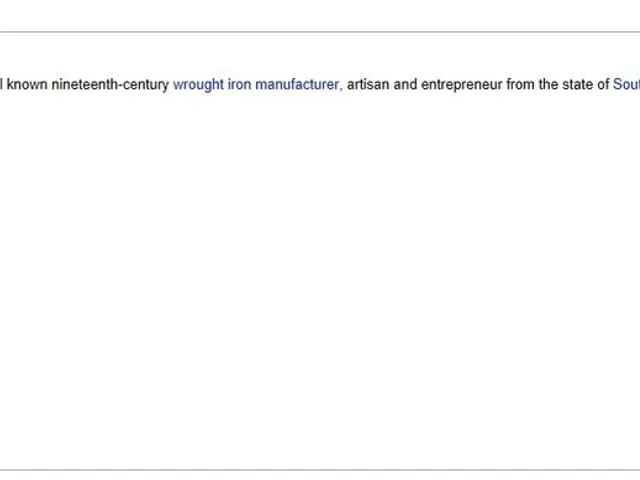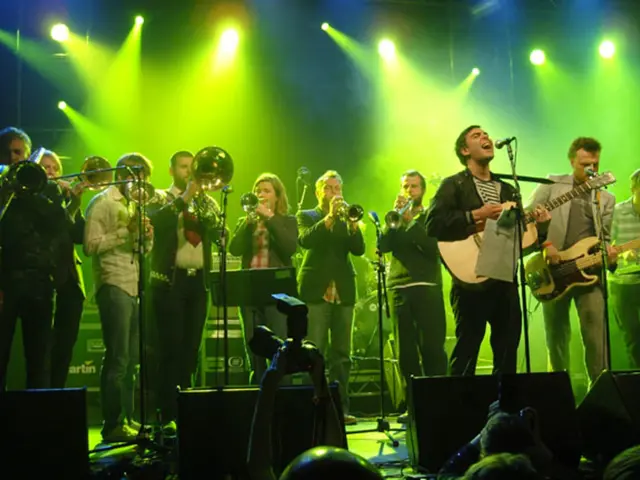Celebrating Thomas Mann: A Prophetic Voice on Democracy's Perils
Steinmeier Praises Thomas Mann on His 150th Birth Anniversary Celebration - Steinmeier marks Thomas Mann's 150th birthday with tribute
Federal President Frank-Walter Steinmeier honored the legendary writer Thomas Mann on his 150th birthday aboard the historic city of Lübeck. Steinmeier addressed Mann's unwavering dedication to democracy, expressing sentiments echoed in a 1938 speech by the Nobel laureate: "Democracy, today, is not a guaranteed victory, it faces challenges and threats from within and without, once again becoming a dilemma."
Fast-forward to today, Steinmeier contemplated, would Mann recognize the state of art and science environs embattled in the legendary land of freedom that provided Mann refuge?
Delving into Mann's remarkable body of work, Steinmeier touched upon "The Magic Mountain," a poignant farewell to Old Europe symbolically cast within a sanatorium. Elsewhere, Mann came strikingly close to his roots, his family, and his hometown of Lübeck in "Buddenbrooks." In closing his ceremonial tribute at the St. Aegidien Church, Steinmeier reaffirmed his perception of Mann's enduring brilliance.
- Thomas Mann: A literary titan whose observations pulsate with contemporary resonance
- Frank-Walter Steinmeier: The Federal President oversees a grand celebration for the great scribe
- Lübeck: The Hanseatic City serves as the auspicious setting for the festivities
- Birthday: The occasion honors the writer's 150th birthday and legacy
- Festive event: An elaborate ceremony underscores Mann's contributions to literature and democracy
- Democracy: Mann's prescient words on the precarious state of democracy remain poignant today
- Hanseatic city: A crucial historical player in Mann's life and literary works
Insights on Thomas Mann:
- Mann's transformation: From supporting imperial policies during World War I, Mann evolved into an ardent advocate for democracy in the 1920s.
- Critique of Fascism: Mann staunchly opposed fascism, warning against its appeal to primal forces and the necessity of a compelling democratic counter-narrative.
- Art and science: Mann saw these institutions as vital for fostering democratic values and critical thinking, emphasizing emotional and intellectual engagement with citizens.
- Tension between tradition and modernity: His explorations of this dichotomy in works like Buddenbrooks illustrate Mann's concerns with cultural and social shifts accompanying the rise of modern capitalism and urbanization.
- Contemporary America: Although Mann did not explicitly address the country, his opinions underscore the necessity for a powerful democratic narrative to resist authoritarianism, bearing implications on modern American challenges.
In essence, Thomas Mann's oeuvre serves as a timeless bellwether for understanding the trials faced by today's democratic societies and the indispensable role of intellectuals and cultural engagement in combating authoritarianism.
- The contemporary context of art and science environments, reminiscent of the land that offered Mann refuge, may struggle with authoritarianism, prompting one to ponder if Thomas Mann would recognize the parallels to his era.
- In light of challenges faced by democratic societies today, Thomas Mann's bibliophile community can find insight in his works, particularly his critiques on Fascism, to foster a compelling democratic counter-narrative.








